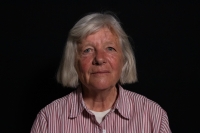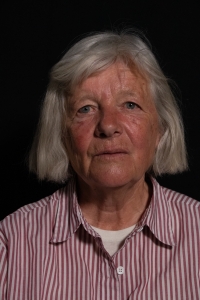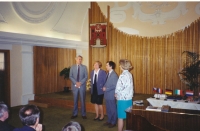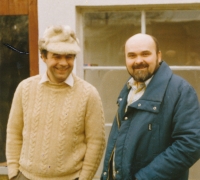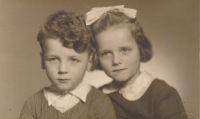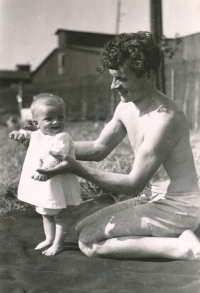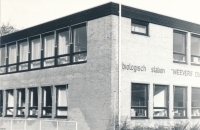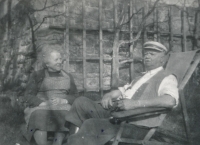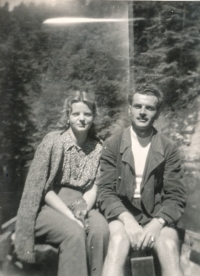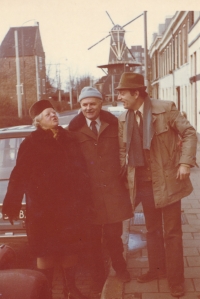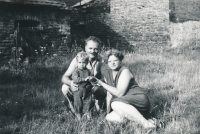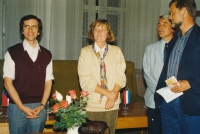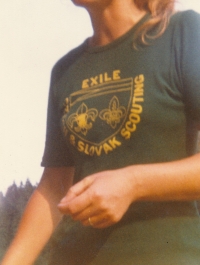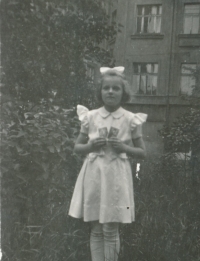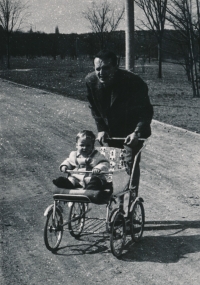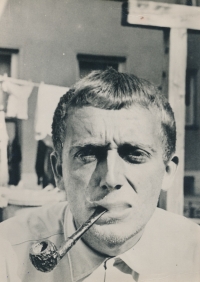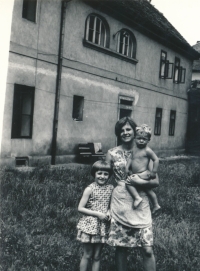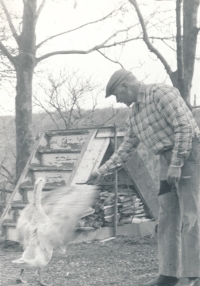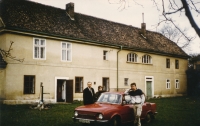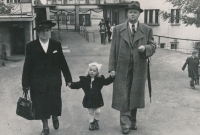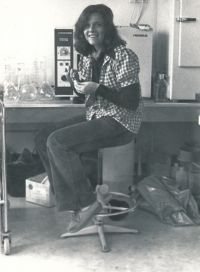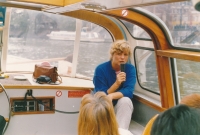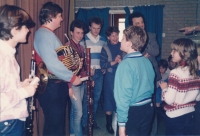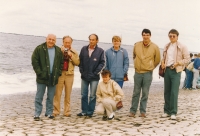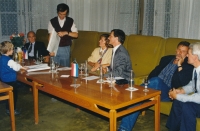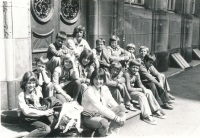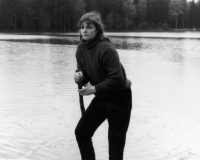I remind my mother in Olšany that she has Czech children

Stáhnout obrázek
Eva Horová, née Pěčková, was born on October 24, 1943 in Prague. Her grandfather started a business in the early twenties and later became a co-owner of the Bratří Bouřové company. After the end of the Second World War, he was accused of collaboration, then imprisoned for a short time, but the court acquitted him of guilt. After February 1948, the family‘s property was confiscated and they were evicted from Vokovice. The witness went to an eleven-years school in Karlín and after graduation, because she was not allowed to study at a university due to political background, she worked as a laboratory assistant and studied remotely. She got married at the beginning of the 1960s, and after the invasion of the Warsaw Pact troops, they emigrated to the Netherlands in 1968 via Austria and London. After the expiration of the departure clause, they were sentenced in absentia for unauthorized leaving the republic, and the sentence was later excused as part of a pardon. From the mid-seventies, the witness was involved in the Czechoslovak exile scouting organization in the Netherlands. In 1985, also thanks to her merit, a partnership agreement was concluded between the towns of Brielle and Havlíčkův Brod, which continues to this day. Later, they moved with their family to The Hague, and after 1990 she worked as a project manager of several years of environmental cooperation between the Province of South Holland and the North Bohemian Association of Municipalities (SESO). Internships, conferences and professional exchange meetings took place. At the time of filming, she continued to live with her husband in The Hague, Holland (May 2022).
